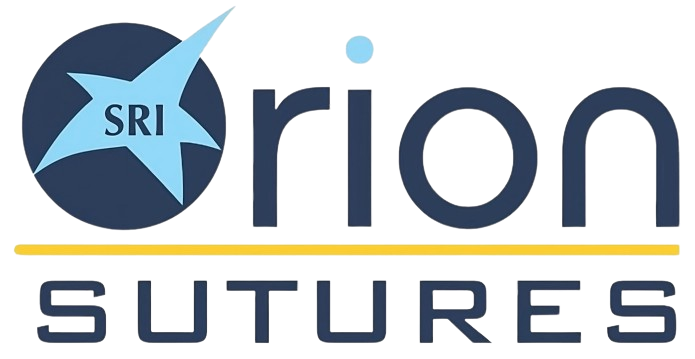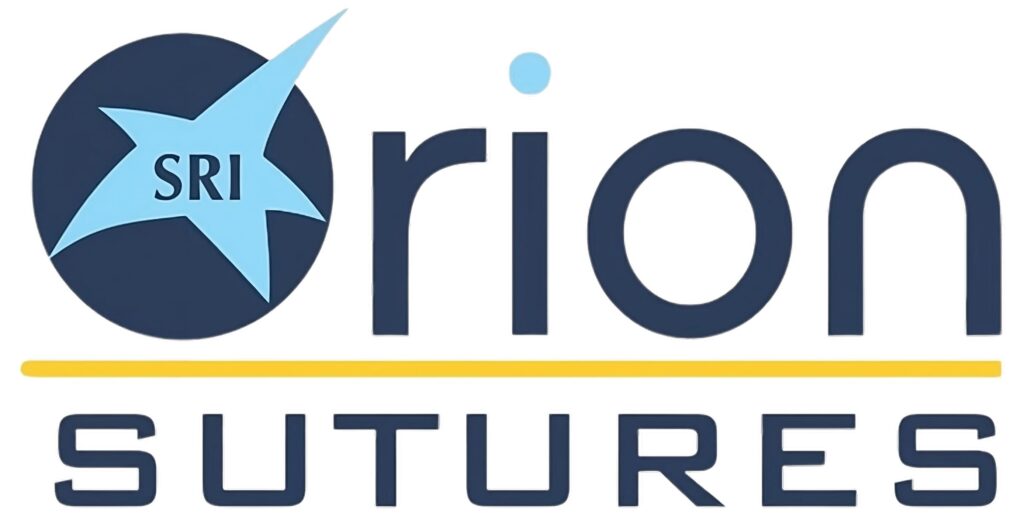Hernias are common when an organ or tissue bulges through an opening in the muscle or tissue that holds it in place. Surgery is one of the most common treatments for hernias, which involves repairing the weakened or torn muscle or tissue. To reinforce the repair and prevent the hernia from recurring, surgeons often use hernia mesh during the surgery.
- Hernia mesh is a medical device that provides additional support to the repaired area. It comprises various materials, including polypropylene, monofilament polyamide, and ethanol polyamide suture. Each of these materials has its unique properties and advantages.
- Monofilament polyamide is a type of hernia mesh made of a single strand of synthetic material. It is a popular choice among surgeons because it is lightweight and easy to handle. It also has a high resistance to infection, making it a good option for patients at risk of developing an infection after surgery.
- One of the main advantages of using hernia mesh during surgery is that it can help to reduce the risk of hernia recurrence. This is because the mesh acts as a barrier, preventing the repaired tissue or organ from bulging through the opening again. Additionally, hernia mesh can also help to reduce the recovery time after surgery by providing additional support to the repaired area.
- Ethilon polyamide suture is another type of hernia mesh commonly used in hernia repair surgeries. It is made of a synthetic material similar to monofilament polyamide, but it is reinforced with a special coating that makes it even more resistant to infection. This type of hernia mesh is also known for its high strength and durability, making it a good option for patients at risk of developing a recurrent hernia.
- Another advantage of using hernia mesh is that it can help to minimize the risk of infection. This is because the mesh is made of synthetic materials resistant to infection and can also be coated with special materials that further reduce the risk of infection.
- Despite the advantages of hernia mesh, there are some potential risks and complications associated with its use. One of the most significant risks is that the mesh can become infected, leading to serious complications and even the need for additional surgeries. Additionally, the mesh can also become dislodged or move, which can also lead to complications.
- Another potential complication of hernia mesh is the development of chronic pain. This can occur as a result of the mesh rubbing against surrounding tissue or nerves or from the formation of scar tissue around the mesh. In some cases, this pain can be severe and may require additional treatment or even revision surgery to address it.
- Another issue with hernia mesh is that it can cause a reaction in the body. Some patients may develop an allergic reaction to the materials used in the mesh, which can cause inflammation and discomfort. In rare cases, this reaction can be severe and may require the removal of the mesh.
In conclusion, hernia mesh is a medical device commonly used during hernia repair surgeries to provide additional support to the repaired area and prevent hernia recurrence. Monofilament polyamide and ethanol polyamide sutures are two types of hernia mesh that surgeons commonly use. These materials have their unique properties, advantages, and disadvantages. While hernia mesh can be an effective treatment option, patients should be aware of the potential risks and complications associated with its use and discuss them with their surgeon before surgery.

